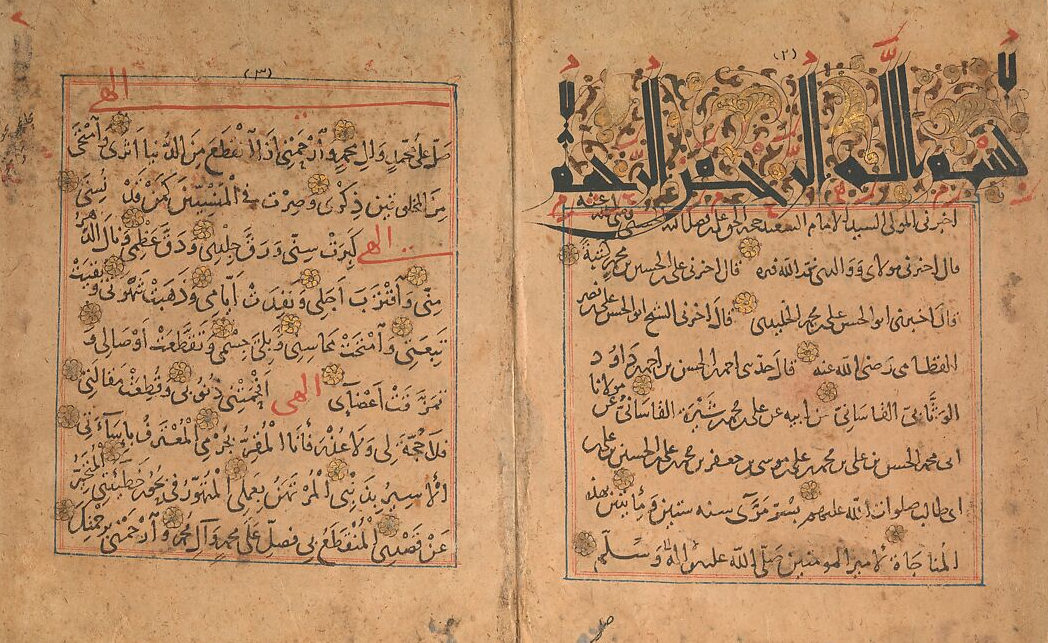Podcast episode
July 18, 2025
Episode 207: Ahab Bdaiwi on ‘Alī ibn Abī Ṭālib, his Family, and the Origins of Shī‘ī Islam

In this interview we come to grips with the political/religious events of the rise and fall of ‘Alī ibn Abī Ṭālib, the prophet Muḥammad’s son-in-law and close companion, as leader of the Believers’ community. We then discuss the tragic events of Karbala, when ‘Alī’s son, al-Ḥussayn, was killed in battle against overwhelming odds, thus cementing the power of the Umayyad dynasty. Not esoteric enough, you say? Just wait until Episode 208, when we explore the first shoots of the Shī‘ī esotericism which sprout from the blood of Karbala’s martyrs.
Interview Bio:
Ahab Bdaiwi is Assistant Professor of Islamic Thought and History at Leiden University. He is the founder of the Leiden University Shiʿi Studies Initiative (LUSSI) and Leiden University Centre for Islamic Thought and History (LUITH) and co-founder of the Leiden University Centre for Late Antique and Medieval Studies (LAMS). He is a Senior Member in the Netherlands Interuniversity School for Islamic Studies (NISIS).
Works Cited in this Episode:
Primary:
Hanafi eulogy of al-Ḥusayn read on ‘Ashura: this is the Rawḍat al-Shuhadāʾ by Ḥusayn Vāʿiz Kāshifī, composed in 1502-1503.
Ibn al-Kathīr on al-Ḥusayn and the events of Karbala: see Ibn Kathīr, al-Bidāyah wa l-Nihāyah, 21 vols., ʿA. Turkī (Riyadh, 1996-1999), 11:597.
Ibn Qūlawayh, Kāmil al-Ziyārāt (Qum, 1996).
Secondary:
Patricia Crone, Ninth-Century Muslim Anarchists, in Past and Present, no. 167, pp. 3–28, May 2000.
Recommended Reading:
SHWEP Episode 207 Recommended Reading
Themes
‘Alī ibn Abī Ṭālib, Islam, Islamic Esotericism, Shi‘ī Esotericism


Comments
Comments are open to SHWEP members only
Join now to comment
Already a member? Log in here